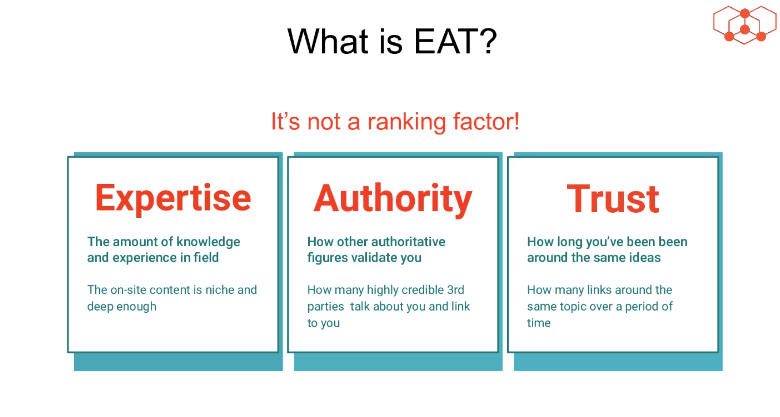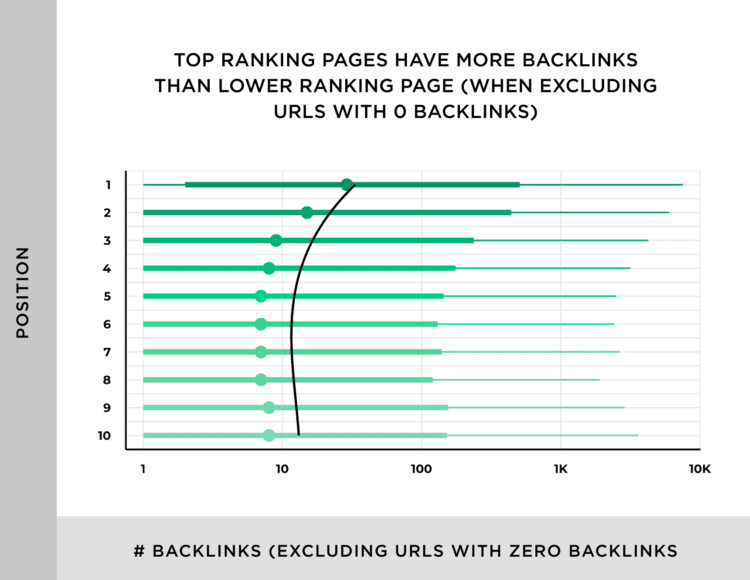Have you done everything you can to optimize your website, yet you are still struggling to rank on Google?
If you are working with on-page elements like keyword research and image optimization, let us tell you: it’s only one half of the battle. What’s the other half of the warfare? OFF-PAGE OPTIMIZATION!
To understand the significance of off-page SEO, let’s consider this simple analogy: Imagine you are hosting an event. The stage is set, the performers are ready, and the decor is on point. But, here’s the catch: nobody knows about it yet. That’s where off-page SEO comes into the big picture. It acts as the party invitations that spread the word and brings guests to your venue. Just as word-of-mouth referrals can make or break your party’s success, off-page SEO can play a substantial role in gaining visibility, credibility, and authority for your website.
When reputed or well-ranking websites link back to your blog, it’s like influential guests vouching for your content. Search engines notice this, and the more links you have from authoritative sources the more attention search engines pay to your content. Still confused about what is off-page SEO and how it can add value to your outreach? Read on to discover.
What is Off-page SEO, and Why is it Important?
In layman’s lingo, off-page SEO is everything you do beyond your site to get search engines like Google, Bing, Yahoo, etc. to showcase your website’s credibility. Off-page SEO plays a significant role in demonstrating your website’s expertise, authoritativeness, and trustworthiness (E-A-T) to Google and other search engines.

Source: https://searchengineland.com/how-e-a-t-content-and-link-building-can-drive-ymyl-seo-success-382652
Why is off-page SEO important? Because backlinks and other off-site signals still form the backbone of Google’s algorithm. In fact, according to the 2020 search engine ranking factors from Backlinko, there was a clear correlation between Google rankings and the total backlinks:

Source: https://backlinko.com/search-engine-ranking
Google’s Quality Rater Guidelines still massively rely on a site’s off-site credibility to figure out if it can be trusted. Search engines largely depend on Reputation Research and off-page signals to determine if a page is worth ranking on SERPs.
Tips for Getting the Most Out of Your Off-Page SEO Efforts
Want to maximize the results from your off-page SEO techniques? Here’s a surefire checklist to back you up!
- Building High-quality Backlinks: Did you know the top results on Google have an average of 3.8 times more backlinks that the rest of the results appearing in positions 2-10? Focus on acquiring links from authoritative sources that are related to your industry. Guest blogging, influencer outreach, and content promotion are effective strategies to attract quality backlinks.
- Social Media Engagement: Engaging with your audience on social media platforms doesn’t just help in building brand awareness; it also generates valuable social signals that search engines consider. Create compelling content, encourage social sharing, and actively participate in relevant communities to boost your off-page SEO through social channels.
- Online Reputation Management: A positive online reputation enhances your brand’s authority and attracts more organic traffic. Monitor and manage your online reputation to establish trust and credibility. Encourage positive reviews and promptly address any negative feedback.
- Social Bookmarking: Submitting your content to popular social bookmarking platforms can increase its visibility and generate backlinks. Platforms like Reddit, StumbleUpon, and Digg allow users to discover and share content, providing opportunities for increased exposure and organic traffic.
- Monitor and Analyze: Regularly track your off-page SEO efforts to identify what’s working and what needs improvement. Use tools like Google Analytics and Google Search Console to track your website’s performance, traffic sources, and keyword rankings.
How to Build High-quality Backlinks?
- Create compelling and shareable content: Produce high-quality content that is valuable, informative, and engaging. When your content provides value to your target audience, it becomes more likely to be shared and linked to by other websites. Focus on creating content that addresses common pain points, offers practical solutions, or presents unique perspectives. While you are creating content, don’t forget to include relevant keywords naturally within your content to optimize it for search engines.
- Guest blogging and contributing to authoritative sites: Identify authoritative websites or blogs in your industry and reach out to them to offer guest posts or contribute articles. Ensure that your content is impeccable, flawless, and aligns with the host’s guidelines and audience interests while drafting guest blogs.
- Broken link building: This technique involves finding broken links on other websites and reaching out to the site owners with a suggestion to replace the broken link with a link to your relevant content. Start by identifying authoritative websites in your niche and use tools like Check My Links or Broken Link Checker to find broken links on their pages. Broken link building is a win-win because the website owner gets a functioning link, and you acquire a valuable backlink.
- HARO (Help a Reporter Out): HARO is a platform that connects journalists with experts as potential sources for their articles. By signing up for HARO and responding to relevant queries, you can secure opportunities to be featured in articles, blog posts, and news stories, often with a backlink to your website. Monitor HARO’s daily emails and respond to inquiries where you can provide valuable insights and expertise. This not only earns you a backlink but also positions you as an industry authority.
- Resource page outreach: Many websites have resource pages where they curate helpful links and tools for their audience. Identify relevant resource pages in your industry and reach out to the website owners, suggesting your content as a valuable addition. Explain why your content is unique, comprehensive, or offers a fresh perspective. This strategy is more effective when you have content that genuinely complements and enhances the existing resources on the page.
It’s a wrap!
Although our journey with off-page SEO ended with the last tip, you can always reach out for our comprehensive expertise with on-page and off-page SEO techniques. Whether it is about helping your website rank higher or improving its engagement, the off-page SEO strategies from Forix can always help your brand!
Let Us Get the Results You Want
The key to outranking competitors and reaching the top spots in Google really comes down to a comprehensive SEO strategy and a tremendous amount of effort. We have found a way to package both – simplifying SEO for our clients. Our team of experienced SEO professionals can help you achieve the outcomes you want at a reasonable price.
